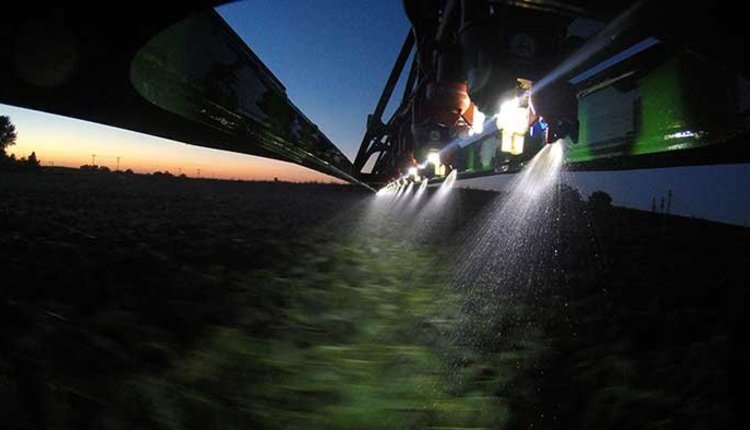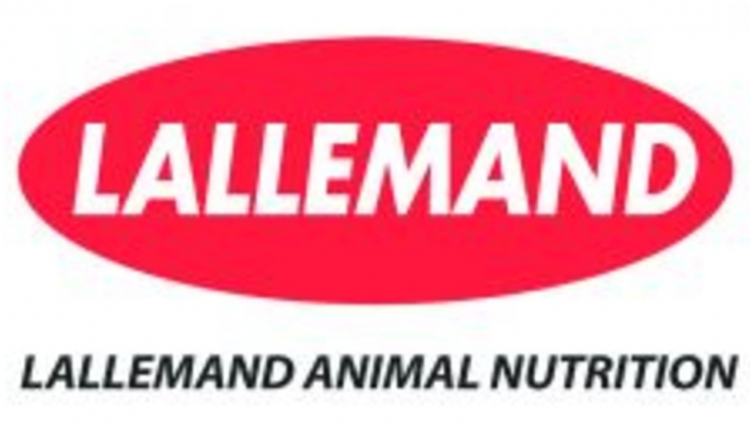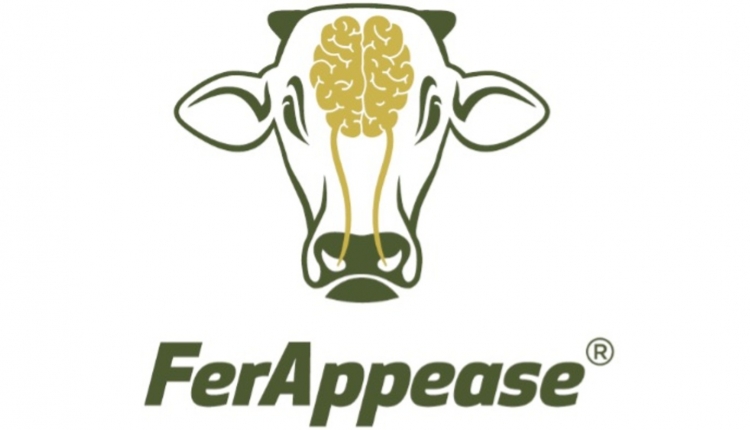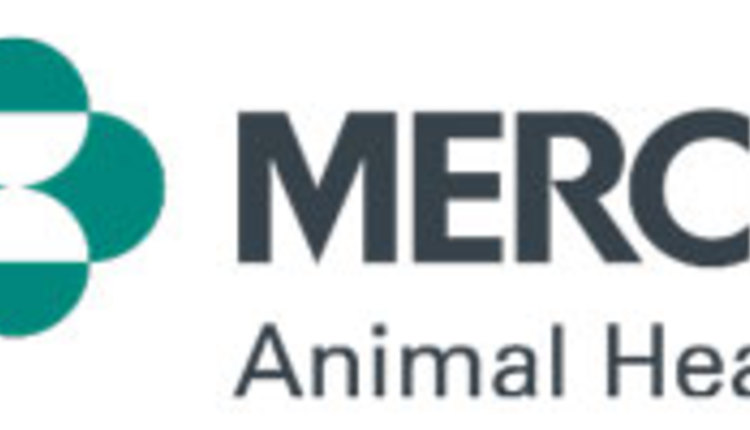The information listed below has been supplied by dairy marketers and other industry organizations. The information provided here has not been edited, verified or endorsed by Hoard's Dairyman.

 Check out this next segment from Dr. Richard Erdman, from the University of Maryland. Listen in as Dr. Erdman dives into his third and final segment on the practical application of DCAD. You will learn:
Check out this next segment from Dr. Richard Erdman, from the University of Maryland. Listen in as Dr. Erdman dives into his third and final segment on the practical application of DCAD. You will learn:- Production responses to DCAD include increased dry matter intake, fat corrected milk, and milk fat % & milk fat yield (g/d)
- Metabolic responses to DCAD include improved acid-base balance and increased blood and urine pH
- Rumen responses to DCAD include increased pH, increased
NDFDig, and improved rumen biohydrogenation
Watch Now!
Rather read than watch?
Download PDF
Other Videos in This Series
See what you missed! Dr. Erdman started off this series with Lactating Dairy Cow Responses to Dietary Cation Anion Difference and DCAD: Production and Digestion Responses
Dr. Richard Erdman, University of Maryland

Dr. Richard Erdman was born and raised on a dairy farm near Fort Atkinson, Wisconsin. After completing his Ph.D. in animal nutrition at the University of Kentucky in 1979, he joined the Dairy Science Department at the University of Maryland where he is currently Professor of Animal Sciences in the Animal and Avian Sciences Department. Dr. Erdman's research has primarily focused on nutrition of the dairy cow with emphasis on energy metabolism and the effects of nutrition on rumen function and milk components. Dr. Erdman has taught undergraduate and graduate courses in applied nutrition, energy metabolism, and dairy management. He has served as major professor to more than 30 graduate students who hold positions in industry and academia. Dr. Erdman has received several awards including the American Feed Industries Award for Dairy Nutrition Research in 1996. He was a member of the NRC subcommittee, which wrote the 2001 NRC Nutrient Requirements for Dairy Cattle and is currently the chair of Dairy NRC subcommittee charged with updating the 2001 NRC.
Return to Industry Buzz.
8.16.2016








